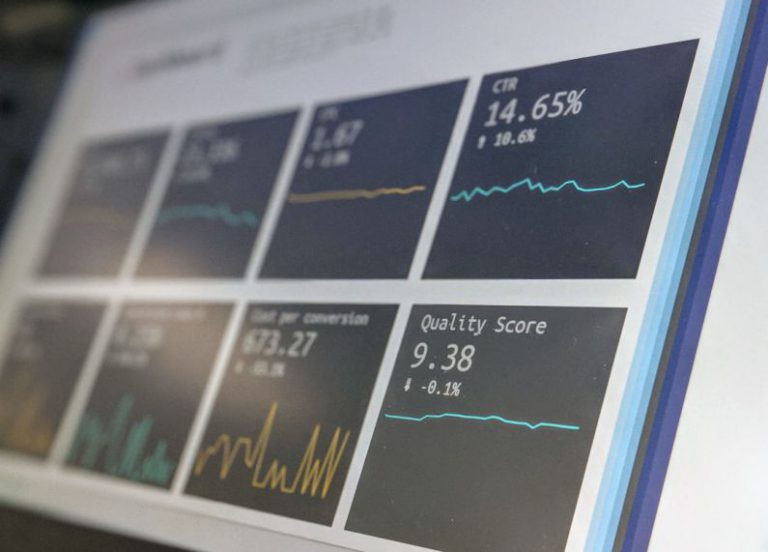
The Real Estate Bubble: A Looming Threat or Exaggerated Concern?
The real estate market has always been a topic of interest and speculation, with its ups and downs closely watched by investors, homeowners, and economists alike. In recent years, there has been growing concern about a potential real estate bubble and the possibility of it bursting. The question on everyone’s mind is: Will the real estate bubble burst soon? Let’s delve into this topic and explore the factors at play in the current real estate market.
Economic Indicators Point to a Bubble?
One of the key indicators that economists look at when assessing the health of the real estate market is the ratio of home prices to income. When this ratio is significantly higher than historical averages, it could signal that the market is overvalued and a bubble may be forming. In recent years, we have seen a steady increase in home prices outpacing income growth in many regions, raising concerns about the sustainability of the current market trends.
Low Mortgage Rates Fueling Demand
Another factor that has contributed to the recent surge in real estate prices is the historically low mortgage rates. The Federal Reserve’s decision to keep interest rates low has made borrowing more affordable, leading to increased demand for homes. While low mortgage rates have been a boon for buyers, they have also fueled rapid price appreciation, raising fears of a housing bubble.
Supply Constraints Exacerbate the Situation
In addition to low mortgage rates, another factor driving up home prices is the limited supply of homes for sale. A shortage of inventory, combined with high demand, has created a highly competitive market where buyers often find themselves in bidding wars, driving prices even higher. This imbalance between supply and demand has put further pressure on an already overheated market, leading to concerns about a potential bubble.
Will Rising Inflation Trigger a Burst?
One of the key risks that could trigger a real estate bubble burst is rising inflation. As the economy recovers from the pandemic-induced downturn, inflationary pressures have started to build up. Higher inflation could lead to an increase in interest rates, making borrowing more expensive and dampening demand for homes. If the housing market is already overvalued, a sudden spike in interest rates could trigger a market correction, causing prices to plummet.
Government Intervention to Prevent a Burst
Recognizing the risks posed by an overheated real estate market, policymakers have taken steps to prevent a potential bubble burst. Measures such as stricter lending standards, increased oversight of mortgage lending, and efforts to increase housing supply are aimed at addressing the root causes of the housing market’s instability. While these interventions may help mitigate some of the risks, the fundamental question remains: Is the real estate market heading towards a bubble burst?
Market Resilience or Impending Collapse?
Despite the concerns surrounding a potential real estate bubble, some argue that the market is more resilient than it appears. The unprecedented surge in home prices may be driven by unique factors such as changing consumer preferences, remote work trends, and a shift towards suburban living. While these factors have contributed to the current market dynamics, the long-term sustainability of these trends remains uncertain.
The Verdict: Uncertainty Looms Over the Real Estate Market
In conclusion, the question of whether the real estate bubble will burst soon remains unanswered. While there are clear signs of an overheated market, including rising home prices, low inventory, and inflationary pressures, the future trajectory of the real estate market is still uncertain. Investors, homeowners, and policymakers alike are closely monitoring the situation, ready to adapt to changing market conditions. Whether the real estate bubble will burst or gradually deflate remains to be seen, but one thing is certain: the real estate market is in a state of flux, and caution is advised for all stakeholders.





